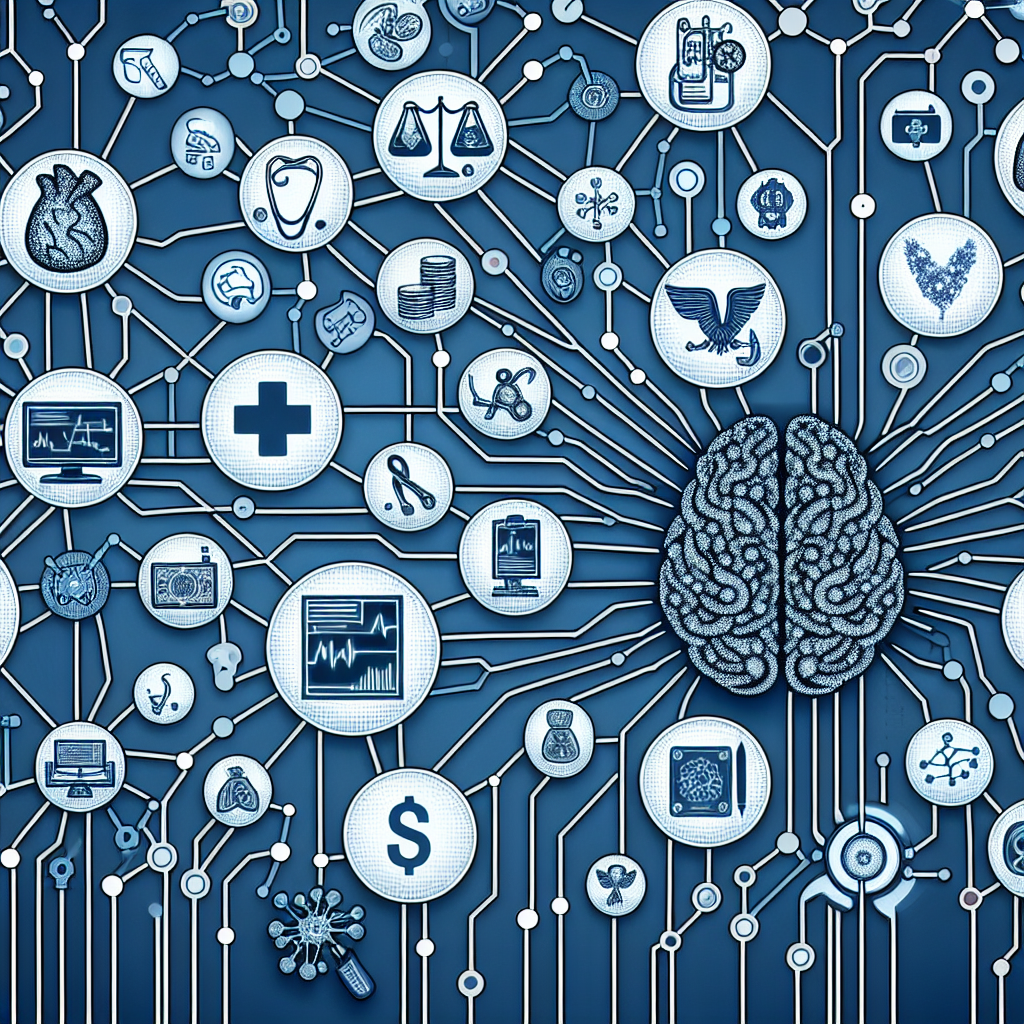Deep learning, a subset of artificial intelligence, has been making significant strides in various sectors, including healthcare, finance, and many others. Its ability to analyze vast amounts of data and identify patterns has led to improved outcomes, increased efficiency, and enhanced decision-making processes.
In the healthcare sector, deep learning has revolutionized the way medical professionals diagnose and treat patients. By analyzing medical images such as X-rays, MRIs, and CT scans, deep learning algorithms can detect diseases such as cancer, diabetes, and heart conditions at an early stage with a high degree of accuracy. This early detection can lead to more effective treatment plans and better patient outcomes.
Deep learning has also been instrumental in drug discovery and development. By analyzing large datasets of chemical compounds and biological interactions, researchers can identify potential drug candidates faster and more accurately than traditional methods. This has the potential to speed up the drug development process and bring new treatments to market more quickly.
In the finance sector, deep learning has been used to detect fraud, predict market trends, and optimize investment strategies. By analyzing large volumes of financial data in real-time, deep learning algorithms can identify fraudulent transactions, predict market movements, and recommend investment opportunities with a high degree of accuracy. This has led to increased efficiency in financial institutions and better outcomes for investors.
In addition to healthcare and finance, deep learning has also had a significant impact on other sectors such as transportation, manufacturing, and retail. In transportation, deep learning algorithms have been used to optimize traffic flow, improve driver safety, and develop autonomous vehicles. In manufacturing, deep learning has been used to optimize production processes, detect defects in products, and improve quality control. In retail, deep learning algorithms have been used to personalize customer experiences, optimize pricing strategies, and improve inventory management.
Overall, the impact of deep learning on healthcare, finance, and other sectors has been profound. Its ability to analyze vast amounts of data, identify patterns, and make predictions has led to improved outcomes, increased efficiency, and enhanced decision-making processes. As the technology continues to evolve, we can expect to see even greater advancements in these sectors and beyond.



